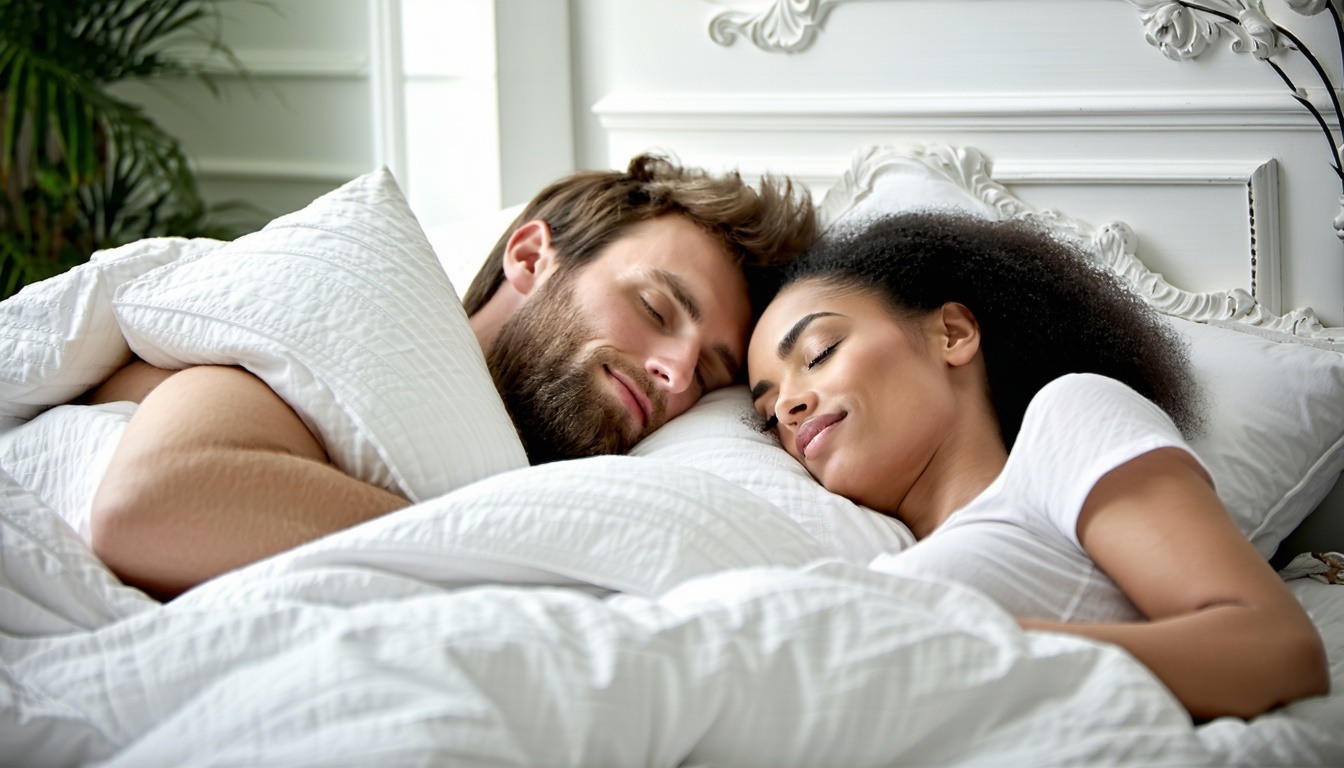
Do Mattress Protectors Make the Bed Less Comfortable?
Mattress protectors are more than just an extra layer—they're a smart investment for anyone looking to extend the life of their mattress and improve the quality of their sleep. With a wide variety of options available, choosing the right one can feel overwhelming. The key? Know what to look for based on your needs and preferences.
What Is a Mattress Protector?
Mattress protectors come in two main styles: fitted sheet designs that stretch over the mattress, and encasement protectors that zip around the entire mattress like a case. Some are thin and lightweight, while others double as mattress pads, offering an extra layer of cushioning.
No matter the style, the main job of a mattress protector is to safeguard your mattress from spills, stains, allergens, dust mites, mold, and even bed bugs. Investing in a high-quality protector helps keep your mattress in top shape for longer—saving you money and offering a more hygienic sleep environment.
Why Should You Use One?
-
Hygiene: A protector acts as a barrier between you and your mattress. It prevents sweat and moisture from seeping into the mattress, reducing the risk of mold and mildew.
-
Allergen & Pest Protection: Waterproof protectors are especially effective at keeping dust mites and other allergens at bay. Some also help deter bed bugs.
-
Stain Prevention: Perfect for households with kids, pets, or snack lovers, a protector guards against accidental spills and stains.
-
Added Comfort: Some protectors offer extra cushioning or temperature regulation, improving your overall sleep experience.
Will a Mattress Protector Make My Bed Less Comfortable?
It depends on the material and quality. Lower-end protectors made from plastic or vinyl may trap heat and feel crinkly. Higher-quality options, however, are virtually undetectable and can even enhance comfort.
If you tend to sleep hot, look for breathable materials like cotton, bamboo, or advanced synthetic fabrics designed to wick away moisture. Cooling mattress protectors with built-in tech are also a great option.
Most Comfortable Mattress Protector Materials
-
Cotton or Cotton-Blend: Breathable, soft, and easy to wash.
-
Bamboo: Naturally cooling and hypoallergenic.
-
Polyurethane: Thin, flexible, waterproof, and virtually invisible under your sheets.
-
Velour or Plush Toppers: Add luxury with softness and protection.
-
Wool: Regulates temperature and repels moisture naturally.
Always choose a protector labeled as waterproof or moisture-wicking, and ensure it’s hypoallergenic if allergies are a concern.
How to Make Your Bed More Comfortable
While a mattress protector can enhance your sleep, comfort starts with the mattress itself. If yours is sagging, noisy, or stained, it might be time for a replacement.
You can also boost comfort by:
-
Choosing a supportive pillow.
-
Regularly washing and updating your bed linens.
-
Keeping your bedroom cool, quiet, and clutter-free.
-
Using breathable window coverings and adding greenery for a calming vibe.
How to Evaluate a Mattress Protector's Comfort
To assess comfort:
-
Check Materials: Look for soft, breathable fabrics.
-
Read Labels: Ensure it's waterproof and hypoallergenic.
-
Test for Heat Retention: If possible, check whether the material traps heat.
-
Research the Brand: Reviews and product info can reveal real-world comfort performance.
Some protectors are specifically designed for dust mites, allergens, or bed bugs—so if you have specific concerns, you can find a tailored solution.
Conclusion
A mattress protector does more than protect your bed; it enhances your overall sleep environment. Choose one made with quality materials, suited to your lifestyle and comfort preferences. Whether you’re looking for spill protection, allergen defense, or just a little added comfort, there’s a mattress protector out there for you.
Need help finding the right one? Explore our full range of mattress protectors and find the perfect fit for your sleep setup.


